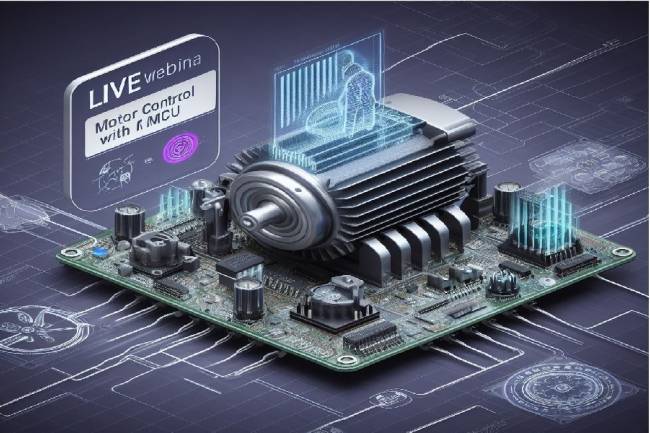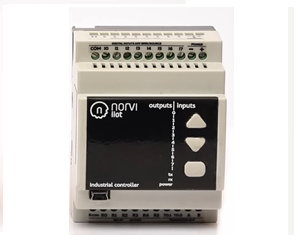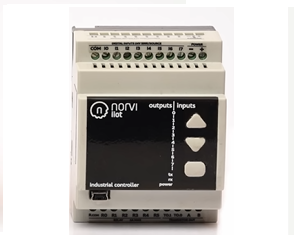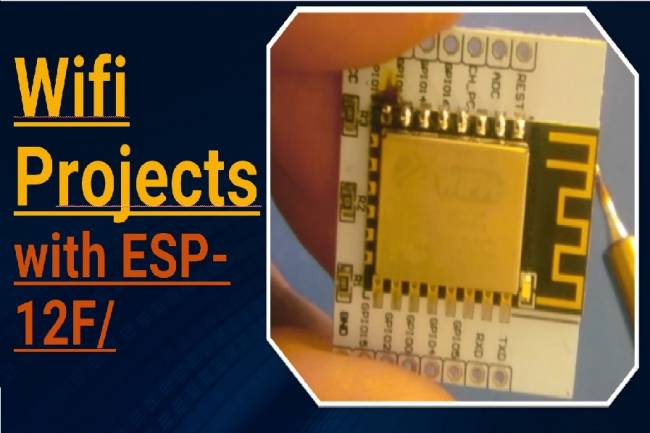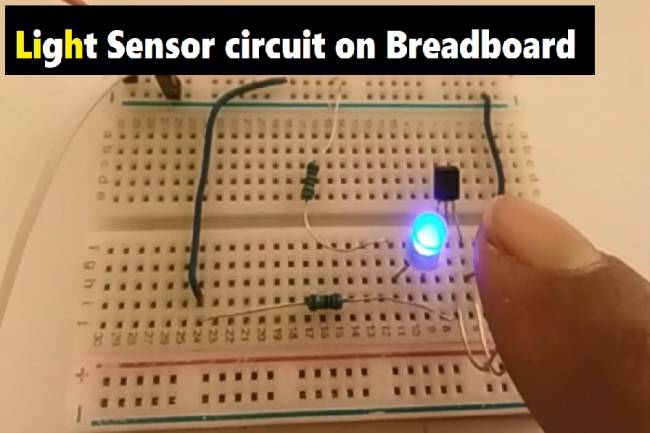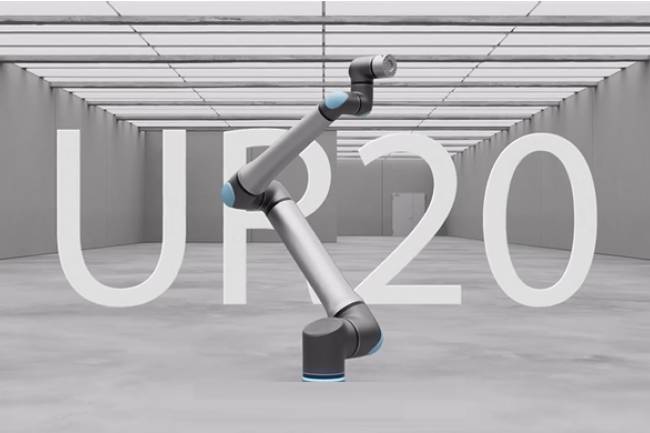
Neuralink Begins Recruitment for Human Brain-Computer Interface (BCI) Clinical Trial
After receiving approval from an independent review board, Neuralink begins recruiting staff at hospital facilities for its first in-human clinical trial. This project, called the “PRIME Study,” represents a clinical trial of a fully implantable and wireless brain-computer interface (BCI).
This trial aims to evaluate the safety of N1 implants and R1 surgical robots and test the initial functionality of BCI technology, which will enable paralyzed people to control external devices with their thoughts.
During the study, R1 Robots will use N1 Implants to surgically insert N1 Implants into an area of the brain that controls movement. Once the implants are placed, N1 Implants are virtually invisible and are designed to record and transmit brain signals wirelessly. The initial goal of BCI technology is to give people the ability to control a computer cursor or keyboard with just their thoughts.
The PRIME Study represents an important part of the mission to create a brain interface under an investigational device exemption (IDE) granted by the FDA. Those with quadriplegia due to cervical spinal cord injury or amyotrophic lateral sclerosis (ALS) may be eligible to participate in this trial.
Those who want to participate in Neuralink's clinical trials can apply to the Patient Registry.



